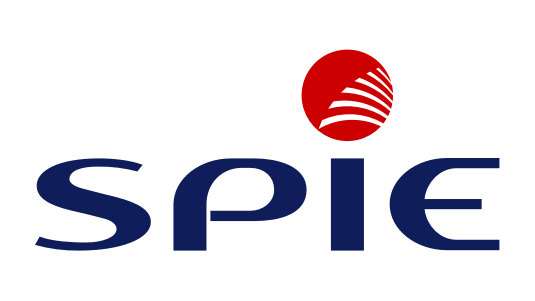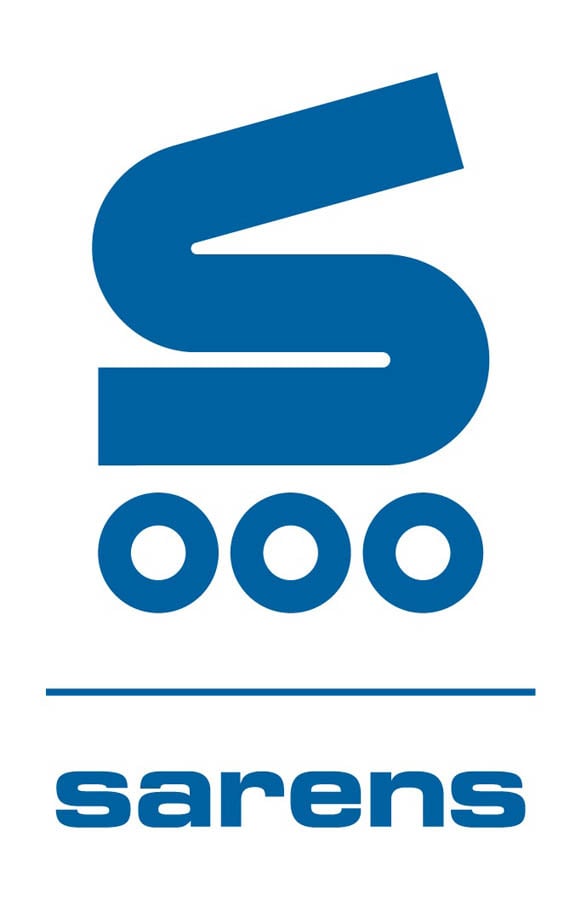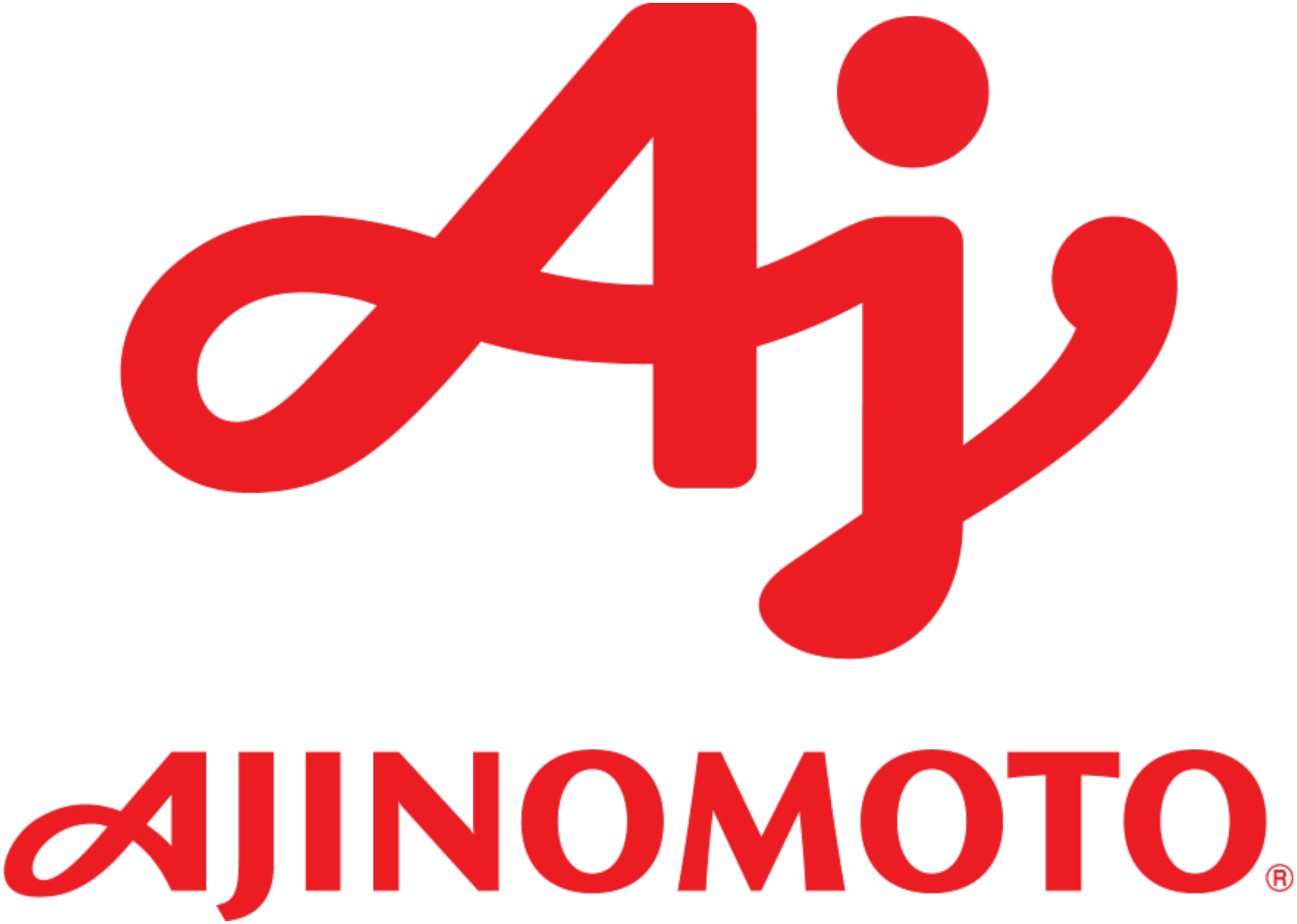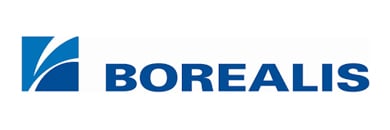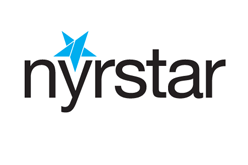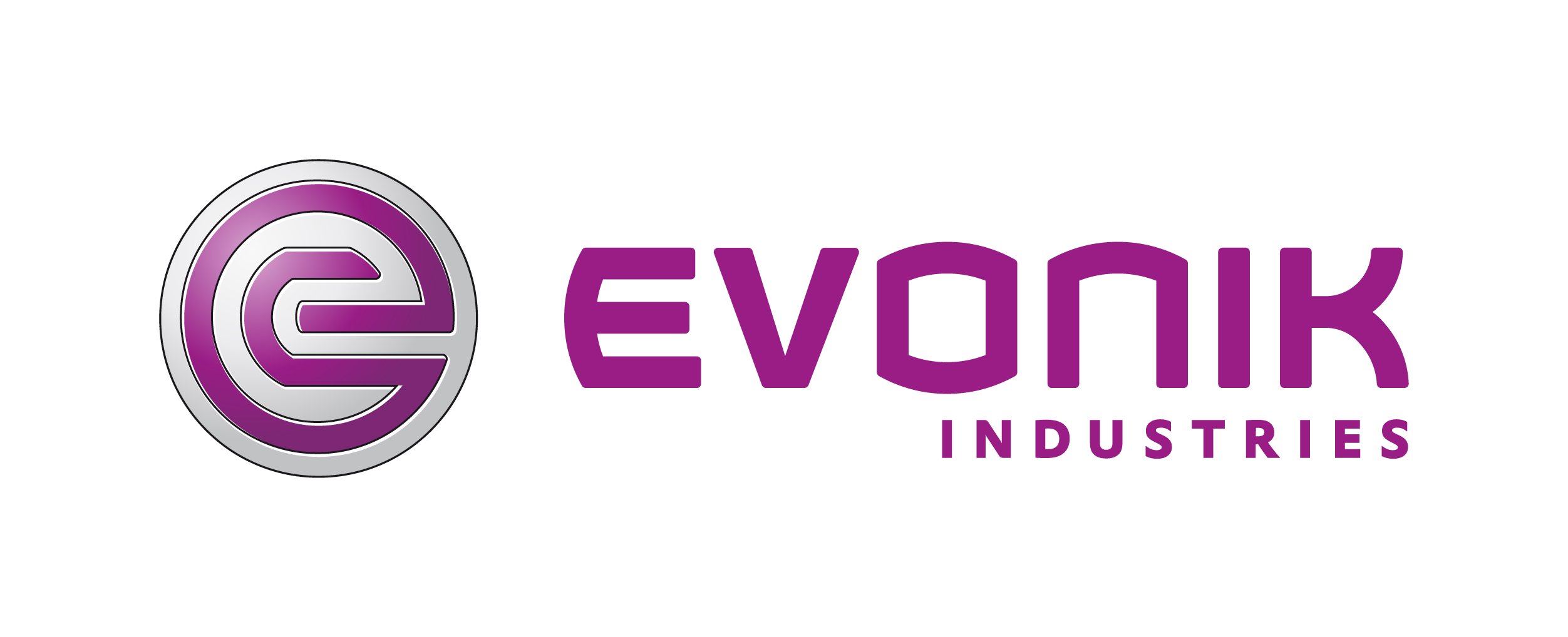In the globalized economy, it is essential for companies operating worldwide to have a thorough understanding of international working conditions, regulations, and compliance laws. This understanding goes beyond avoiding legal issues; it is crucial for ensuring the health, safety, and well-being of employees, and for protecting the company’s reputation. Effective compliance with these regulations fosters a safer, more productive work environment, which in turn promotes employee satisfaction and retention. Additionally, it enhances a company’s reputation and credibility in the global market, making it a more attractive partner and employer. Implementing comprehensive compliance strategies can also lead to operational efficiencies, reducing the risk of costly fines and legal disputes, and contributing to the overall sustainability and success of the business.
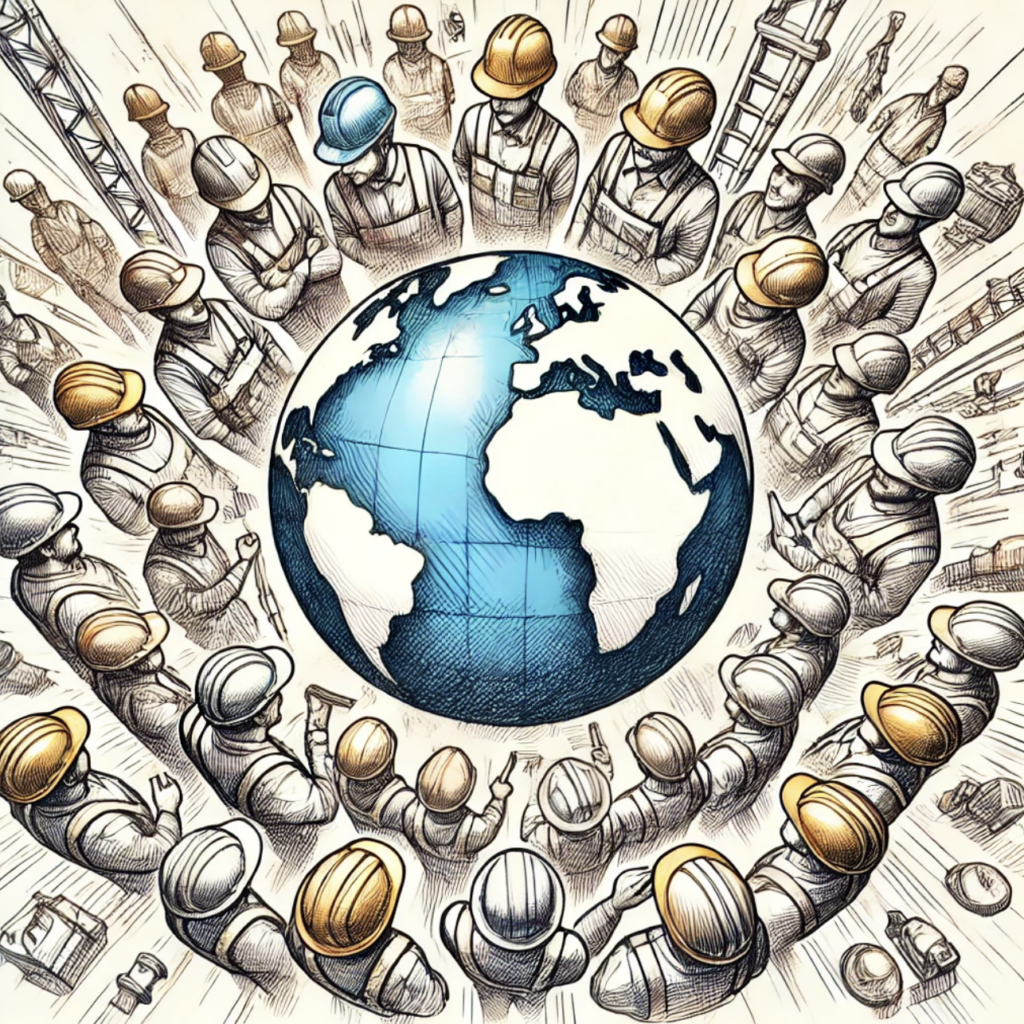
What are the main differences between different countries?
Working conditions legislation and compliance laws vary significantly between countries, leading to differences in working hours, rest periods, safety standards, and compliance requirements. These variations can have significant implications for companies operating in multiple jurisdictions.
Examples
- Belgium In Belgium, the workweek is limited to 38 hours, with strict rules for overtime and mandatory rest periods. Compliance laws require companies to adhere to stringent health and safety regulations, including extensive reporting obligations.
- Netherlands Dutch legislation allows for a maximum 60-hour workweek, but only for limited periods. Companies must comply with the Working Conditions Act (Arbowet), which mandates safe and healthy working conditions, including regular risk assessments and preventive measures.
- Germany In Germany, the maximum workday is limited to 8 hours, which can be extended to 10 hours if the average over six months does not exceed 8 hours. Compliance laws such as the Occupational Safety and Health Act (ArbSchG) require companies to implement extensive safety measures and adhere to strict reporting requirements.
- France In France, the workweek is limited to 35 hours. Compliance laws like the Labour Code impose stringent requirements on working conditions, including detailed rules for working hours, breaks, and overtime, as well as obligations for workplace safety and health.
- United States In the US, labor laws vary by state, but the federal Occupational Safety and Health Administration (OSHA) sets baseline safety standards. The typical workweek is 40 hours, with flexibility for overtime. States like California have extensive rules for workplace ergonomics and heat illness prevention.
- Asia In Japan, the workweek is limited to 40 hours, with a maximum overtime cap. Compliance laws require adherence to strict safety and health standards. In China, regulations vary widely, but companies must comply with stringent working conditions and safety rules in the manufacturing sector.
How can companies ensure they comply with local labor laws and compliance requirements when operating in multiple countries?
By establishing a centralized compliance team, engaging local legal expertise, and conducting regular audits. Technology also plays a crucial role in managing compliance through the use of compliance management systems like Onyx One.
Examples
- Multinational corporation A large industrial company has set up a central compliance team that collaborates with local legal experts. They use Onyx One to standardize compliance processes and ensure all regional teams meet local regulations and compliance requirements.
- International construction company A construction company operating in various European countries conducts regular internal audits and closely works with local law firms to stay updated with changing legislation and compliance obligations.
What are the most common challenges in complying with global working conditions legislation and compliance requirements?
The complexity of different laws, cultural differences, and logistical limitations are the main challenges in complying with global working conditions legislation and compliance requirements. Companies often have to navigate a maze of regulations that vary by region.
Examples
- Cultural differences A globally operating fashion company found that cultural differences in work ethics and expectations posed a challenge in implementing uniform safety standards in factories in Asia and Europe.
- Logistical limitations An international logistics company faced challenges in complying with safety standards at remote locations without constant internet connectivity. They implemented mobile apps for offline use to improve compliance.
How can companies keep employees informed about their rights and obligations under different jurisdictions?
Companies can keep employees informed about their rights and obligations by providing regular training, offering translated manuals, and giving access to legal advisory services. Using a centralized platform like Onyx One can also help provide consistent and up-to-date information.
Examples
- Regular training A multinational food industry company conducts mandatory quarterly training sessions for employees on their rights and obligations. These sessions are tailored to local regulations and provided in the local language.
- Centralized information A global bank offers employees access to an online platform where they can find manuals and legal advice in their native language, ensuring consistency and accessibility of information.
What role does technology play in helping companies comply with working conditions legislation and compliance requirements worldwide?
Technology plays a crucial role in helping companies comply with working conditions legislation and compliance requirements by using compliance management systems, HR software, and mobile apps for real-time updates. These tools can help centralize data, automate compliance processes, and provide real-time insights into compliance status.
Examples
- Compliance Management System A global chemical company uses Onyx One to ensure all contractors complete the required safety training and maintain up-to-date certifications before entering the facility.
- Mobile Apps A logistics company implements mobile apps for their employees to receive real-time updates and notifications about legislative changes, ensuring all documentation is digitally stored and easily accessible for audits.
Onyx One Contractor Management System with modular solutions
Onyx One can significantly assist companies in managing compliance with working conditions legislation and requirements. Onyx One offers a comprehensive range of functionalities, including company qualifications, personal qualifications, digital work permits, and real-time compliance monitoring. These systems provide a transparent and efficient way of working, reduce administrative burdens, and help companies stay up-to-date with the latest legal requirements.
WHY
WE BELIEVE IN TEAMWORK
I believe that the world is a better place when: Everyone gets to do what they love.
- Everyone does what they do best.
- We can focus on what we do best.
- We have the opportunity to specialize, which means we need others to do what we’d prefer not to, i.e., partnerships and teamwork are a must.
In short, I believe that the world is better off when we work together. Teamwork for the efficient and sustainable use of resources. Teamwork with our colleagues, suppliers, customers, and distribution channels. Teamwork with specialists, consultants, and contractors…and with the government in a regulatory framework. - Teamwork as individuals within a team.
- Teamwork as a team within an organization.
- Teamwork as a business in society.
- I believe that partnerships and teamwork are possible through personal development. Teamwork happens when we:
- are prepared for our mission
- know what’s expected of us
- have the autonomy to make (the right) decisions
- are confident that what we delegate will be done well
- trust that others are also prepared, have invested in personal development, and know what’s expected of them
WHAT
WE BELIEVE IN QUALITY AND HONESTY
We believe that work and teamwork only happen with these values as our lodestar:
We believe that work and teamwork only happen with these values as our lodestar:
- Equality
- Low-ego
- Independence
- Respect
- Appreciation
We believe that products and services will excel because of our:
- Focus
- Care
- Professionalism
We support and stand for:
- Individuality
- Originality
- Flexibility
- Fun
We believe in making a positive contribution to society and the whole world.
We believe that our focus on data security in accordance with ISO 27001 and the GDPR delivers added value to our customers through, e.g.:
- Privacy by design (for developments or designs)
- Privacy by default (using default settings)
- Partnering with the supervisory authority where needed
- Doing our jobs as processors and controllers well
HOW
WE BELIEVE IN TECHNOLOGY AND EFFICIENCY
We help companies:
- Train their employees
- Make training processes more efficient
- Gain insight into their employees’ development
And that’s why we develop e-learning courses and provide the Onyx learning environment.
We help clients:
- Train and qualify their contractors
- Gain insight into their contractors’ competencies
- Be prepared when contractors arrive for work Manage their teams
We help contractors:
- Efficiently get ready for work
- Simplify their administration
We help manufacturers:
- Train their distribution channel
- Inform their customers
That’s why we’ve developed Onyx One and are creating an online community of the most efficient companies.



